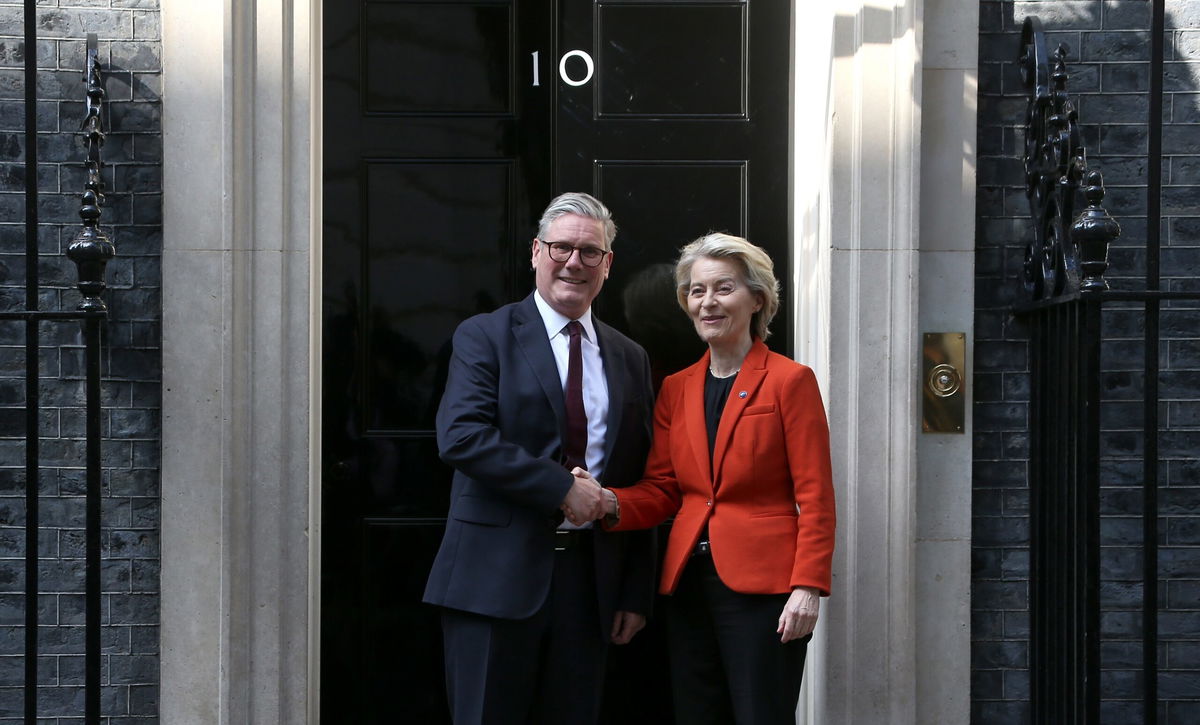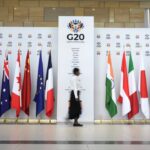The EU emphasizes that non-full member states often make contributions in exchange for market access. Photo credit: Fred Duval/Shutterstock
The European Union is debating whether Britain should contribute financially to the EU budget as part of a post-Brexit “reset” of relations. The talks follow a summit in May 2025 between British Prime Minister Keir Starmer and European Commission President Ursula von der Leyen, where the two leaders agreed to strengthen cooperation on several issues.
The reset agreement included agreements on food standards, the EU’s carbon border adjustment mechanism and the UK’s re-entry into the Erasmus student exchange programme. The agreement also outlines a youth mobility plan that will enable young people to study, work and travel between EU member states.
Also considering funding
Non-member access to internal markets
After the summit, the Financial Times reported that EU member states were scheduled to discuss how the UK could contribute to the region’s “equalization” fund as part of the reset deal. Any contribution would lead to trade facilitation measures, such as reducing testing of animal and plant products and enabling cheaper energy trade between the UK and the EU.
EU officials said third countries that want access to the EU’s internal market typically contribute funds. Norway and Switzerland, which are not member states but maintain close trade agreements with the EU, are examples of this practice. According to EU diplomats, “Third countries that want access to the EU internal market pay a fee. If they are not members, they cannot benefit from membership.”
Implementation status
negotiations are ongoing
The UK Government has confirmed that talks continue to implement the reset package agreed at the May summit. A spokesperson told the Financial Times: “We will only agree deals that deliver value for the UK and UK industry. Nothing has been agreed and we will not be commenting on ongoing negotiations.”
The European Commission also stressed that the Reset Agreement marks the beginning of a “new chapter” in the UK-EU relationship. The agreement was designed to foster cooperation and prosperity on both sides of the Strait. However, no specific payments or obligations have been confirmed by the UK government or the EU.
Important points
- The EU is considering financial contributions from the UK based on a post-Brexit reset agreement.
- Discussions include regional equalization funds and trade facilitation measures.
- EU officials point out that non-member states typically pay to access the internal market.
- The May 2025 Reset Summit included agreements on food standards, Erasmus, youth mobility and a carbon border tax.
- Payments and financial commitments have not yet been completed and negotiations are ongoing.
The ongoing debate highlights the complexity of post-Brexit arrangements between the UK and the EU. Officials on both sides are considering mechanisms to implement the reset package while balancing access to EU markets with the interests of British businesses and people. Officials say the outcome of these negotiations will impact trade, regulatory cooperation and migration programs for years to come. Both the UK government and the European Commission have said further details will emerge as negotiations progress.








